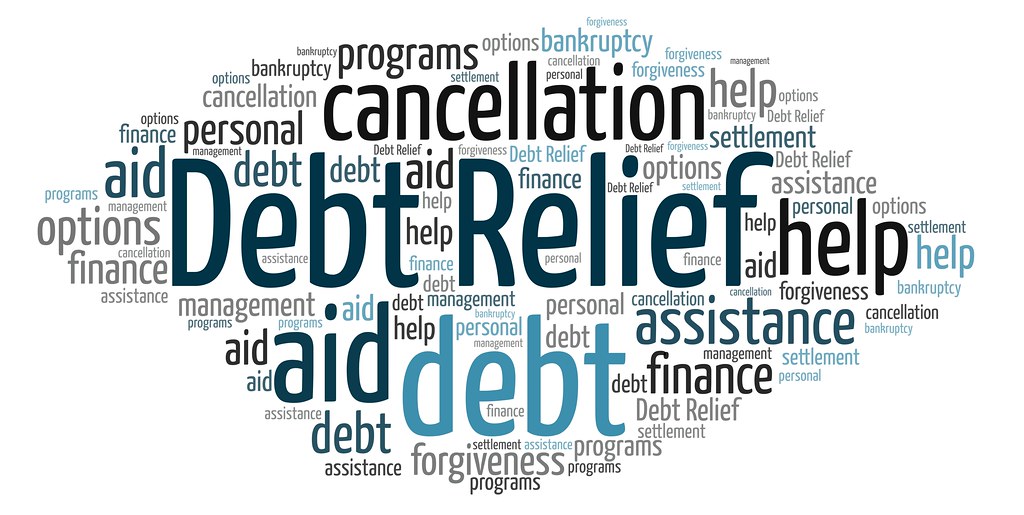In today’s world, many people find themselves burdened by debt, whether it’s from credit cards, student loans, medical bills, or other financial obligations. If you’re feeling overwhelmed by debt and unsure of where to turn for help, you’re not alone. Fortunately, there are a variety of debt help solutions available to assist you in breaking free from the cycle of debt and regaining control of your finances. In this comprehensive guide, we’ll explore different debt relief options, strategies for managing debt, and tips for achieving financial freedom.
Understanding Debt
Before diving into debt help solutions, it’s essential to understand the different types of debt and how they can impact your financial well-being.
Types of Debt
- Credit Card Debt: Debt accumulated from credit card purchases, often associated with high-interest rates.
- Student Loans: Loans taken out to finance higher education expenses, including tuition, books, and living expenses.
- Medical Debt: Debt incurred from medical expenses, including doctor’s visits, hospital stays, and prescription medications.
- Mortgages: Loans used to purchase real estate, typically with a long repayment period and fixed or variable interest rates.
- Personal Loans: Loans obtained for various personal expenses, such as home renovations, car repairs, or debt consolidation.
Debt Help Solutions
1. Debt Consolidation
Debt consolidation involves combining multiple debts into a single loan with a lower interest rate, making it easier to manage and pay off debt over time.
2. Debt Settlement
Debt settlement involves negotiating with creditors to settle debts for less than the full amount owed. This can result in a significant reduction in debt but may negatively impact your credit score.
3. Credit Counseling
Credit counseling involves working with a nonprofit organization to develop a personalized debt management plan and learn strategies for managing debt more effectively.
4. Bankruptcy
Bankruptcy is a legal process that allows individuals or businesses to eliminate or repay some or all of their debts under the protection of the bankruptcy court. While bankruptcy can provide relief from overwhelming debt, it should be considered a last resort due to its long-term impact on credit and financial future.
Tips for Managing Debt
1. Create a Budget
Develop a budget to track your income and expenses, identify areas where you can cut back on spending, and allocate more money towards paying off debt.
2. Prioritize Debt Payments
Focus on paying off high-interest debt first to minimize interest charges and accelerate debt repayment.
3. Explore Income-Boosting Opportunities
Consider taking on a part-time job, freelancing, or selling unused items to generate extra income that can be put towards debt repayment.
4. Seek Professional Help
Don’t hesitate to reach out to a financial advisor, credit counselor, or debt relief agency for personalized guidance and support in navigating your debt situation.
Conclusion
In conclusion, debt can be a significant source of stress and anxiety, but there are numerous debt help solutions available to assist you in breaking free from the cycle of debt and achieving financial freedom. Whether you choose debt consolidation, debt settlement, credit counseling, or bankruptcy, it’s essential to explore your options carefully and seek professional guidance to determine the best course of action for your unique financial situation.
By taking proactive steps to manage your debt and implement sound financial practices, you can take control of your financial future and work towards a brighter, debt-free tomorrow.

